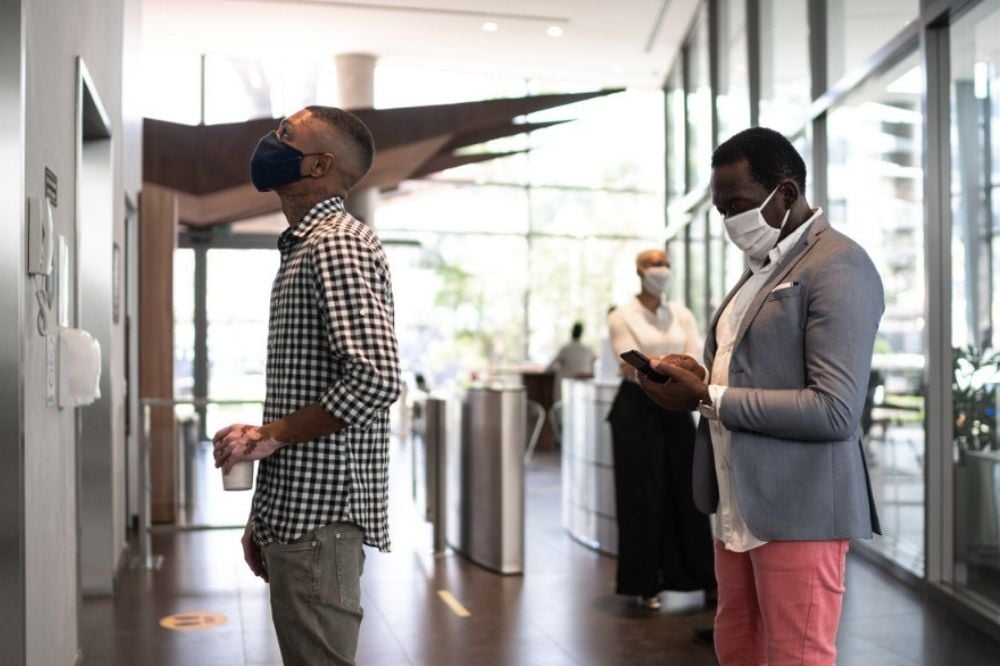
Commuting costs and COVID safety still a major concern, however

It looks like many workers are becoming happier about returning to the workplace.
About 82 per cent of those in the U.S. expressed comfort in returning to the physical workplace, finds a recent survey from the Conference Board. This is up from 71 per cent in January 2022.
But that return to the workplace may be helpful, considering that 58 per cent of workers say their work-life integration increased during the pandemic.
“While remote work surely provides a desirable work-life balance for many, these results suggest that the lack of clear boundaries in many remote-work arrangements can fuel stress and burnout,” says Rebecca Ray, executive vice-president for human capital at the Conference Board.
More than half (51 per cent) of those working remotely are also concerned about limited connection with their colleagues and 47 per cent are worried about blurred work-life boundaries. Thirty-four per cent said they care about the constant expectation to be available while 32 per cent are anxious about increased hours or workload.
Employees are feeling more isolated from their organizations amid the pandemic, found another report released in September 2021.
Nearly three-quarters (74 percent) agree with their organization that returning to the physical workplace will enhance networking opportunities and build relationships. More than seven in 10 also agree that it will increase collaboration (72 per cent) and help maintain culture (70 per cent).
However, one third (33 percent) of those in the actual workplace are concerned about the increased time and cost to commute. This is much more common among Millennials (59 per cent) than Gen X workers (31 per cent) and Baby Boomers (30 per cent). Women (43 per cent) are also much more concerned about this than men (25 per cent).
Also, 26 per cent of those in the office are still concerned about exposure to COVID-19. Millennials (35 per cent) and women (30 per cent) also express greater consternation about this compared with their counterparts (19 per cent of Gen X, 31 per cent of Baby Boomers and 21 per cent of men).
Meanwhile, more than 70 per cent of workers in the IT sector will quit their job if their employer forces them to head back to the office, according to another survey.
And many hybrid workers share the same concerns as remote and on-site workers: 41 per cent are concerned with blurred work-life boundaries; 39 per cent worry about limited connection with colleagues; and 31 per cent are concerned with the increased time and cost of commuting.
“Rather than assuming a return to the office will be the panacea, leaders can also be proactive in helping to set and maintain more definitive work boundaries in this new world of work,” says Ray.
Many workers overall, self-report decreased mental health (41 per cent), decreased engagement and morale (38 per cent) and increased burnout (41 per cent), according to the Conference Board’s survey of more than 1,300 individuals – predominantly professional and office workers – from March 14 to 18.
Another report found that 73 per cent of workers and leaders are calling to be measured by outcomes and results rather than hours spent working, but only 36 per cent of managers are assessing performance based on results.